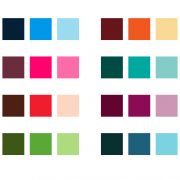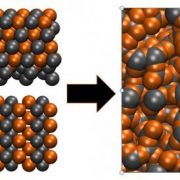New glass lens could revolutionize ultrasound
Ultrasound waves are used extensively in medical treatment, diagnostics and materials research, but a new advancement in the field could extend the technology’s bag of tricks. Researchers at the Nanyang Technological University in Singapore have found a way to modify a glass “lens” to more precisely focus an ultrasound beam.
With better control over the ultrasound waves, doctors could use ultrasound to perform surgery, control devices and better understand the properties of materials. Current ultrasound devices can make only planar waves, which aren’t very precise. A new type of ultrasound, called “laser generated focused ultrasound” uses a modified glass lens to convert laser pulses to acoustic waves.
Laser pulses strike the glass lens, which is coated with a specialized carbon coating. The laser generates heat, which causes the carbon particles to expand quickly. The expanding carbon particles create high-frequency, high-pressure waves that can be focused and controlled.
The shape of the lens is important to the type of control it provides, and as it turns out, glass isn’t as flexible as some other materials. Researchers also used 3-D printers to create customized lenses that can focus an acoustic wave in multiple places simultaneously. The printed lenses cost about $2 each, and use common production materials.
The new ultrasound technique may also create advances in microfluidics and medical treatments that focus on cell-based therapies. Currently, ultrasound can be used to treat conditions like kidney stones and cancer, but more precise control could lead to more effective, less invasive treatments. The technique could also be used to perform cataract surgery, which currently uses lasers. Although laser therapy for cataract removal is safe, ultrasound destruction of cataracts could reduce complications and shorten recovery times.
Glassprimer™ glass paint is a specialized glass coating that bonds permanently to glass surfaces. GlassPrimer also makes a glass surface molecular activator that is designed to work with UV-inkjet glass printing processes. For more information about Glassprimer™ glass paint, please visit the rest of our site. If you’d like to purchase Glassprimer™ glass paint, please visit our online store .
Photo Credit: Andrew Malone, via Flickr.com





